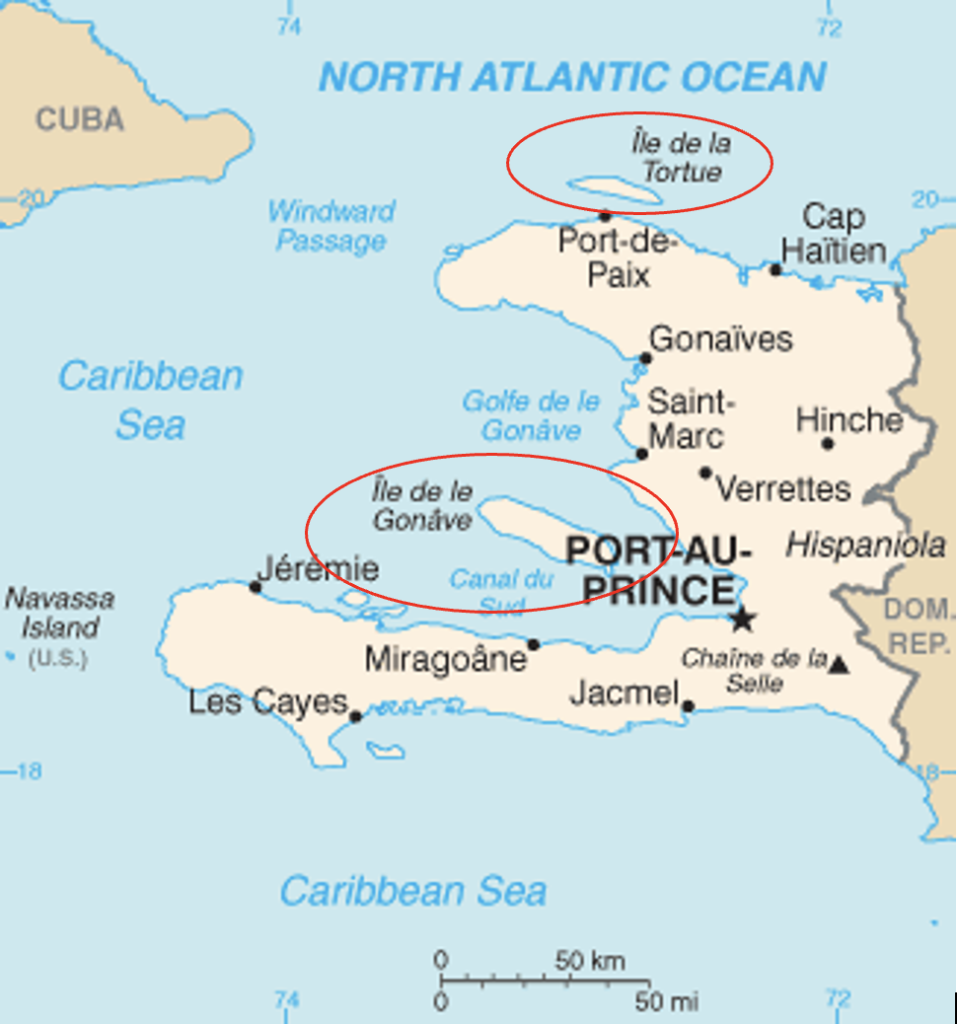
President Luis Abinader calmly responded to British journalist Stephen Sackur of the BBC program Hard Talk on 20 March 2024. The journalist did not do his homework and instead threw at the President several denunciations that have repeatedly been disproven in the media in the past.
President Luis Abinader responded with a straightforward demeanor to the accusations during the tough interview for UK audiences.
In the interview, Abinader was queried about potential adjustments to his government’s deportation policy concerning the worsening of the chaos in Haiti, given the contrast in the stability and progress in the Dominican Republic, and the good reputation of the country.
Abinader opened the interview responding that on this side of the border, life is normal, with the country expected to grow 5% in 2024. “We are a growing country, our industries our growing, we do not want the gangs to enter the country, we have organized our security,” stated the President.
Sackur would substantiate his statements using the travel warning that was eventually removed by the US State Department accepting that it was unfounded to state that US black tourists were being discriminated in the DR.
The BBC journalist also took the cause of anti-Dominican Republic former Prime Minister Claude Joseph of Haiti and concurred that actions taken by the Dominican government were “racist.” Joseph has been charged in the Jovenel Moise assassination.
President Abinader responded to allegations of racism within the Dominican Republic calling these unfounded, given the diverse population composition in the Dominican Republic. “We are the country that has helped the Haitians the most. It is ridiculous to speak of race. We have never had the problems of Haiti. In Haiti they have race problems,” said the President.
The President once more reminded the world that the Dominican Republic would not allow refugee camps to be set up in the Dominican Republic. He threw the ball back to those who are pressuring Dominican solutions to the Haitian-caused chaos.
“No, we won’t,” he answered to the request for the DR to officially receive Haitian refugees. “We will continue to uphold our laws and Constitution. The UN should take further action. The United States, in particular, has lagged in providing unified support to Haiti,” stated Abinader.
He reminded viewers that the Dominican Constitution does not recognize as Dominicans those that are born here. They must have a Dominican mother or father to acquire Dominican nationality. Nevertheless, the President highlighted the high cost in social costs the Dominican Republic takes on to help Haiti. “We are helping Haitians to give birth, with 37% of maternity beds occupied by Haitians. We are not a rich country. The same help has to be undertaken by other countries. They cannot rely only on the Dominican Republican Republic,” said the President.
Meanwhile, the reality is that the Dominican Republic is the largest recipient of displaced Haitians with thousands relocating to the DR for their livelihood. An estimated 200,000 Haitians study for free at Dominican public schools. Thousands have crossed over the 391 km land border where there are only 54 km of border gates in areas adjacent to urban areas. President Abinader has said the country maintains its right to deport the undocumented.
Sackur also accused the DR of hogging water in detriment to the poor Haitians, and Abinader responded reminding the interviewer about the widespread deforestation in Haiti and the existence of the 1929 Treaty that regulates the use of water in both countries.
Abinader emphasized that the Dominican Republic cannot be expected to resolve Haiti’s issues. He said that since 2021 he has been insisting in UN forums that Haiti is going the way of Somalia.
Abinader says the DR will not be an official ground for Haitian refugees. within Dominican territory. His “No, we will not, for historical and security reasons,” he said. He reminded the interviewer that in Haiti there are alternative offshore options, such as the islands of Gonâve and Tortuga,” where the international community could set up the refugee centers sought by the UN agencies.
Addressing criticisms of Dominican deportation practices amid the crisis, Abinader defended his country’s actions, stating: “We are simply enforcing our laws, much like other nations including the Bahamas, Jamaica, the United States, and Canada.”
The Dominican government allows free entry of undocumented Haitians on market days through four official gates. There are little controls on who returns to Haiti, but as of last year, the government is requiring those who enter to have at least a biometric registry. Dominican exports to Haiti are said to have declined around 25% this year.
Listen to the complete interview in English:
Hard Talk President Luis Abinader
25 March 2024

